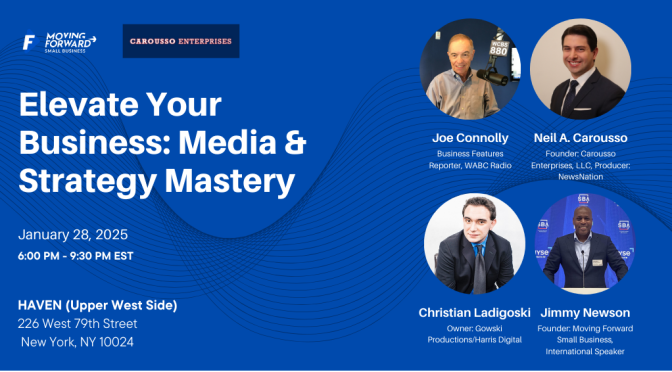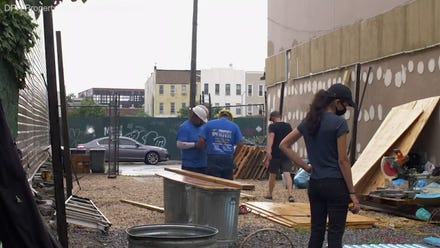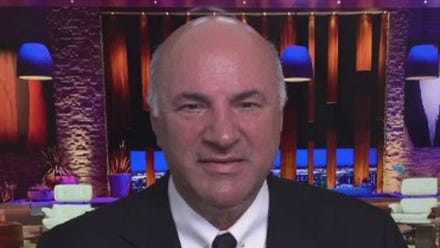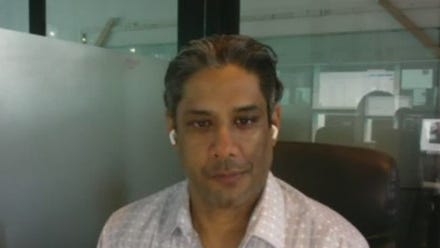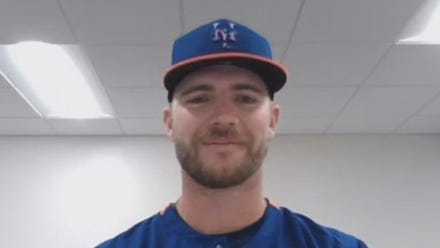
Neil A. Carousso produces NewsNation original “Kurt’s Country” – a celebration of country music and a slice of Americana with host Kurt Bardella.
The Latest
-
‘Last Year Was Last Year’: Mets Slugger Pete Alonso Fully Locked in for 2021
Posted by: Neil A. CaroussoNEW YORK (WCBS 880) — New York Mets first baseman Pete Alonso is fully locked in as the team wraps up camp in Florida and gets ready for the season opener on April 1 against Washington.
The Polar Bear, who joined Wayne Randazzo and Ed Coleman on Tuesday for our Mets 2021 Season Preview Special to share his personal and team goals, said he can’t wait to hear the roar of the crowd in Flushing once again following an unprecedented shortened season without fans.
“I think this year, 2021, is all about resiliency,” Alonso said. “To be back at Citi Field with a full capacity crowd and hearing the stadium shake when people go nuts, I haven’t found a better feeling. It’s an adrenaline rush and I miss that feeling, I miss the fans being there cheering us on because when we have a packed house it’s unbelievable what type of hostile environment they can create for the other team. Walking in there when you’ve got 45,000 rabid Mets fans doing the ‘Lets Go Mets’ chant, I miss it.”
After setting the rookie record with 53 dingers two years ago, the slugger suffered a bit of a setback in the 2020 season, but was still on pace for what would have been a 40 homer season in a full year.
“Last year was last year,” he said as he looks toward the future.
He’s had a pretty strong spring so far and has set high goals for himself for the full 162-game season.
“I’d like to drive in 130 runs and I’d like to win a gold glove,” Alonso said. “That can only be done by staying locked in and being meticulous every single day. Those numbers will be what they are at the end of the year, but if I reach those numbers it’s because I stick to my plan, I stayed locked in and I was able to perform and capitalize on opportunities. I just want to be as consistent as I possibly can.”
For now, he’s focused on finishing up camp.
“The more game reps, the more ready I’ll be,” he said. “I feel like I’m in a very good place offensively and defensively, as well, I feel really good about where my body is, getting it up to full game speed. It’s been a really productive and good spring for me, but I want to be able to carry that over into the regular season when the lights turn on.”
There’s a lot riding on a Met defense in the infield this year, but Alonso said there’s a good chemistry between himself, Jeff McNeil, J.D. Davis and Francisco Lindor.
“We’ve worked really well so far this spring and I feel like that we want to give the pitcher’s confidence out there that we’re going to go out there and make plays every single day,” Alonso said. “Defense is a staple in the game of baseball and we want to provide that and just peace of mind for pictures and. We want to go out there and perform that’s the biggest thing I think that. Because we have a good chemistry, we’re gelling extremely well right now in camp I think that’s going to translate incredibly during the season.”
Neil A. Carousso produces special coverage of New York Mets baseball for the WCBS Mets Radio Network.


